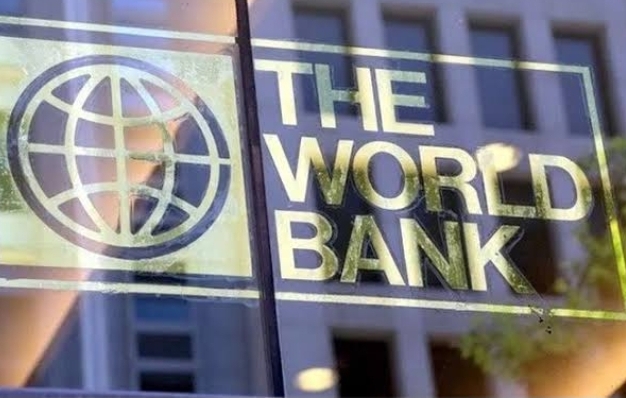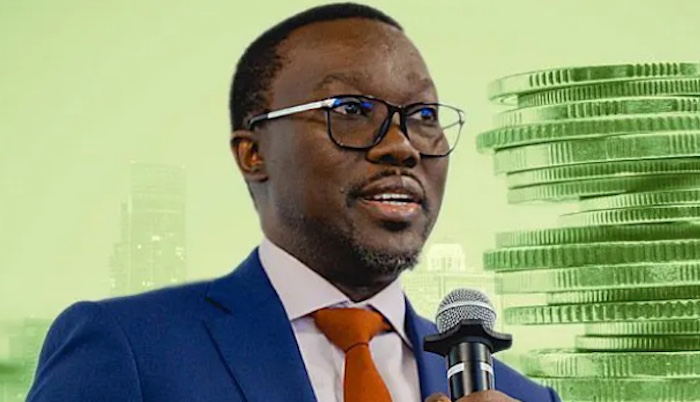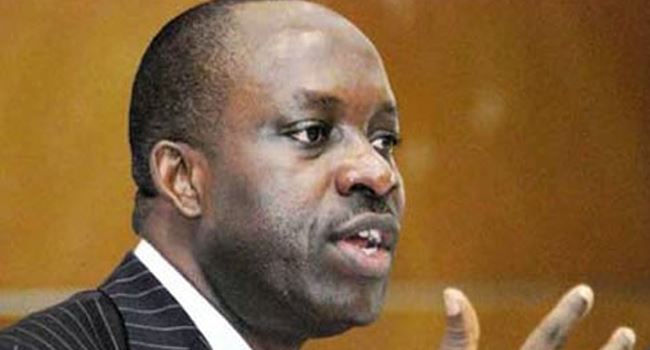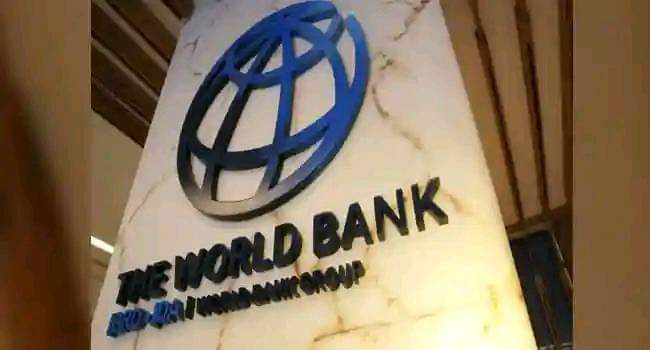Global economic growth is projected to slow to 2.3 per cent in 2025 due to mounting trade tensions and persistent policy uncertainty, according to the World Bank’s latest Global Economic Prospects report.
A statement from the bank’s Online Media Briefing Centre on Tuesday noted that the new forecast was nearly half a percentage point lower than the rate projected at the beginning of the year.
The report indicated that the slowdown would mark the weakest non-recessionary global growth since 2008.
“The turmoil has resulted in growth forecasts being cut in nearly 70 per cent of all economies, across all regions and income groups,” the report states.
In spite of the gloomy outlook, a global recession is not anticipated. However, if current projections hold, average global growth in the first seven years of the 2020s would be the slowest of any decade since the 1960s.
Indermit Gill, the World Bank Group’s Chief Economist and Senior Vice-President for Development Economics, warned of deepening stagnation in the developing world.
“Outside of Asia, the developing world is becoming a development-free zone. It has been advertising itself for more than a decade,” he said.
Gill noted that growth in developing economies had declined steadily, from 6 per cent annually in the 2000s, to 5 per cent in the 2010s, and to under 4 per cent in the 2020s.
This trend mirrored the slowdown in global trade, which fell from an average of 5 per cent in the 2000s to under 3 per cent today. Investment growth had also weakened, while debt had surged to record levels.
The report projected that growth would slow in nearly 60 per cent of developing economies in 2025, averaging 3.8 per cent before a modest rise to 3.9 per cent in 2026 and 2027.
The report added that more than a full percentage point below the average of the 2010s.
“Growth in low-income countries is expected to reach 5.3 per cent in 2025, a 0.4 percentage point downgrade from earlier forecasts.
“Tariff hikes and tight labor markets are expected to keep global inflation elevated, with a projected average of 2.9 per cent in 2025, still above pre-pandemic levels.”
The World Bank warned that slowing growth would hinder efforts by developing economies to create jobs, reduce poverty, and close the income gap with advanced economies.
“Per capita income growth in these economies is forecast at 2.9 per cent in 2025, 1.1 percentage points below the 2000–2019 average.
“Assuming developing countries (excluding China) maintain a GDP growth rate of 4 per cent the forecast for 2027, it would take them about two decades to return to their pre-pandemic growth trajectory.”
Still, the report noted that global growth could rebound more quickly if major economies reduced trade tensions.
It said that resolving current disputes and halving tariffs could boost global growth by 0.2 percentage points over 2025 and 2026.
In response to rising protectionism, the World Bank urged developing economies to diversify trade, pursue strategic partnerships, and engage in regional agreements.
Given constrained public resources and growing development needs, policymakers are encouraged to mobilise domestic revenue, prioritise spending for the most vulnerable, and enhance fiscal management.
To drive sustainable growth, the report emphasised the need to improve business environments, expand productive employment, and align workforce skills with market demands.
Finally, it highlighted the importance of global cooperation in supporting the most vulnerable economies through multilateral initiatives, concessional financing, and targeted relief for countries affected by conflict.









